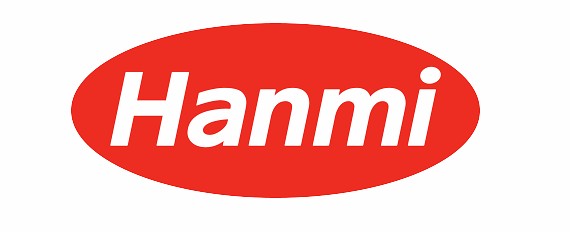
[Hanmi Pharmaceutical]
SEOUL -- Hanmi Pharmaceutical, a major drug maker in South Korea, suffered another setback as Janssen Pharmaceutica, a pharmaceutical company based in Belgium, gave up clinical research into a drug candidate for patients with diabetes and obesity and returned development rights.
Hanmi said in a regulatory filing on Wednesday that Janssen has decided to return rights related to HM12525A, a candidate substance for a new drug that helps diabetes patients lose weight and control blood sugar. Under a 2015 deal valued at $915 million, Janssen, a subsidiary of Johnson & Johnson, has staged phase 2 clinical trials to evaluate the safety and efficacy of HM12525A.
The development of new drugs proceeds through clinical trials commonly classified into four phases over many years. Janssen has tried to prove that the drug candidate works in two ways simultaneously for controlling body weight and managing blood glucose levels.
Janssen's clinical research showed that HM12525A reached the target for weight loss but the blood sugar control of obese patients with diabetes fell short of internal standards, Hanmi said, adding it would not return a $150 million down payment.
The South Korean company would not dump HM12525A as Janssen's research demonstrated its effects as an obesity drug.
Hanmin has seen a series of failures in its new drug development. In October 2016, Boehringer Ingelheim walked away from its $730 million partnership with Hanmi over safety concerns of Olita (Olmutinib) during clinical trials. Hanmi stopped the development of Olita, which used to be touted as a "breakthrough therapy" for patients who have developed a tolerance to existing lung cancer treatments.
In January this year, Eli Lilly and Company, a U.S. pharmaceutical company, returned its right to develop and commercialize Hanmi's new drug candidate for the treatment of immune diseases because interim results showed a lack of efficacy. They had studied the effects of a Bruton's tyrosine kinase (BTK) inhibitor (HM71224) in patients with rheumatoid arthritis to see if it has an effect on prevalent autoimmune diseases.




